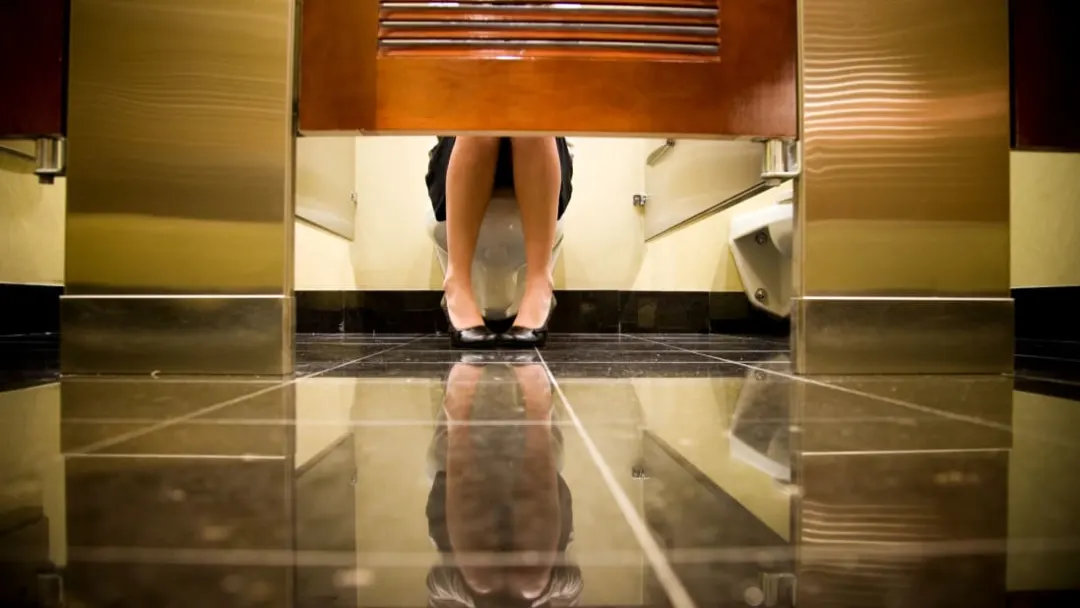Last night in transgender peer group, a member was struggling with the question “how do you KNOW you’re trans?”. They are unsure about moving forward with transition because of the things in their life that will be disrupted or completely eliminated if they began medical transition.
This is a very common feeling and concern among trans people. Being unsure if you’re trans, or more specifically “trans enough” is something we all struggle with. We are taught our whole lives that it is wrong to be effeminate if you’re a boy and manly if you’re a girl…and being trans, well that’s just weird and terrible; you should never be that. So, as we grow up we learn to fight our feelings and what we know inside to be our true nature. Then, when we start to question if we are trans, we have to deal with three things that come together against us.
First is all of the negativity, stereotypes, and animosity society has towards people who don’t conform to the standard view of their birth gender. Second is our own indoctrinated and internalized fears and prejudices against trans people; a lot of times it’s our own internalized transphobia that proves harder to overcome than any rejection from greater society. The third component is the one I want to focus on today: the denial and the way we “gaslighting” ourselves in order to ignore, hide, and shove down our true feelings and gender identity.
One member’s response to “how do you KNOW?” was beautiful and simple: find your joy. The tool she suggested was to look at scenarios in your daily life and lay out for yourself two paths, one that matches your birth gender role, one that goes a different way. Then ask yourself, if I go with the presentation (clothing, mannerisms, name, pronouns, etc.) I’m supposed to, how will I feel? If I go the other way, how will I feel? Then just listen to your heart and to your body. Which idea gives you feelings of joy? Then do the more joyful version. Shift your life to thinking in terms of which presentation and identity makes you happier. Find your joy in everything you do.
It was a wonderful solution that resonated so well with me. But what happened later helped add even more clarity to the situation.
I hung around in the parking lot for an hour after the meeting talking one-on-one with the member who was struggling. They expressed at some point that they were concerned about the joy solution because they feel so numb to joy. At least joy in their identity.
And this is the big issue with transitioning later in life. We spend so much of our lives suppressing our feelings, our desires, and our true identity to fit into the box of our birth gender that we get great at gaslighting ourselves. We have convinced ourselves that what we want and what we feel is not right and not valid. Then we learn to actively stomp out and reject any feelings of joy we have in thoughts and expressions that are incongruent with our assigned gender.
We dismantle our ability to find joy in anything other than what we’re supposed to be and do. And since we’re not living authentically, the things that do bring us joy in other aspects of life still end up feeling a bit hollow in an indescribable way. Even the things we like don’t truly bring us joy because of this conflict and the fact that we’re faking so much of our lives.
We then lose all sense of joy and the negative voice inside has an outsized role in dictating our behavior and our decisions. My hypothesis is that it’s a survival mechanism we adapt as children because we believe that if we give in and indulge some of our impulses that break the mold, it’ll be a slippery slope and we won’t be draw or hold lines to keep us safe. We’ll reach a point where we find joy in an existence that is wrong and doesn’t fit in our world. And once we get to that point, once we’ve gotten a true taste of the other side, it would be excruciating and impossible to revert and live the life we need to in order to fit in, and frankly, to survive in society.
In our minds, the only way to survive is to keep up the ruse by playing the role the world says that you’re supposed to perform and the only way that’s going to be possible is to reject and stomp down those things we know would bring us true joy. And thus, our joy meter is broken.
So, then, how do you repair that? How do you look at things and know what’s going to bring you joy, versus bringing pain and loss? I have some thoughts.
First, in the joy thought experiment, you have to remove consequence from the equation. You can’t consider what your spouse will think or how it will affect your job or your friendships. This is simply a thought experiment to identify what brings you joy. So you have to strip it to that base level and look at just that: If I put on a skirt instead of pants, how would that make me feel? If someone told me I was handsome instead of beautiful, how would that make me feel? Break it up into the smallest components and examine those things. Do your best to allow yourself to get excited about things that might scare you if you thought about the big picture.
I think I accomplished this in my journey when I decided to give myself one year to do and wear what I wanted and without asking questions. I wasn’t going to worry about why, or what it meant, or try to analyze whether it was valid or not. For one whole year, I was just going to give myself the room to be and see how it felt; to do what made me happy without boundaries. Then, after that year, I would examine the outcomes and the feelings and try to decide what it all meant.
I’ll be honest, it led to some painful experiences as well. I was able to do this because I was separated from my wife at the time and the purpose of that time apart was for me to “see what this was”. We had a date night and when we went to have sex, my wife laughed at me. I had laid out in a bikini the week before, a thing that brought me immense joy, and had a bikini tan line, which then elicited a negative reaction.
BUT, even situations like that, which were painfully embarrassing, I had been able to finally find great joy in who I was, so those things couldn’t stop me. I continued to do the things that brought me joy. And honestly, while it was a bit embarrassing in the moment, it wasn’t as bad for me at the time as it is in retrospect. Because I was on a high from being able to be myself. And nothing could really bring me down from that and spoil it.
Again, yes, that is exactly what we fear as transgender people. The momentum that we can’t stop (and don’t want to stop), which the logical and the negative sides of our brain see as leading to a road of ruin. And while, in many cases, transition does disrupt a lot of things in our life, that ability to finally find true joy in everything ends up being worth the discomfort and the disruption of the changes that must occur for us to get there.







